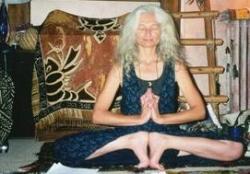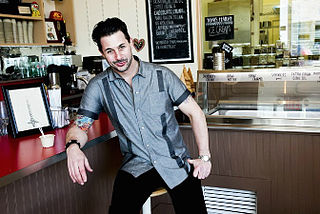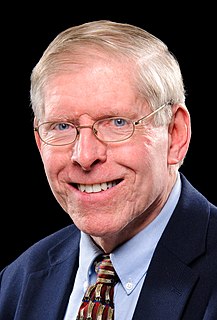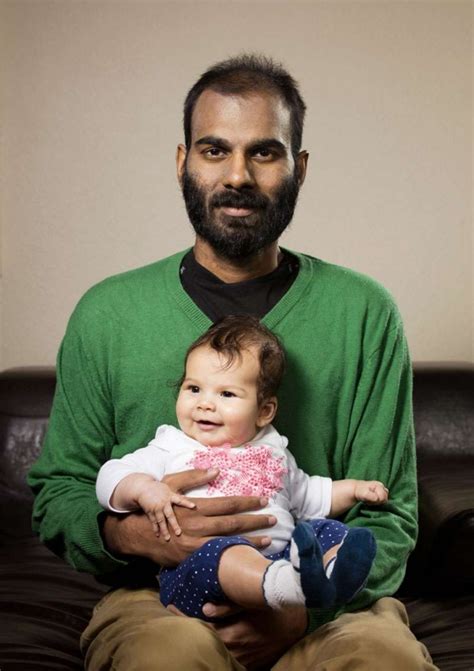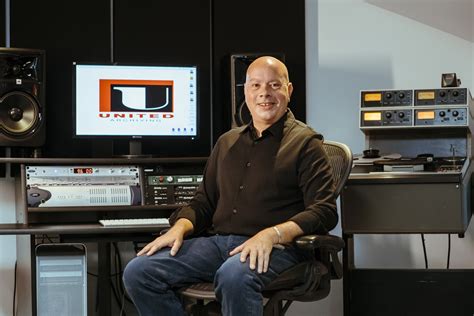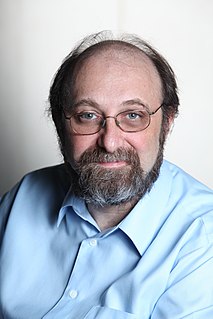A Quote by Donald Berwick
Related Quotes
One of the most appalling comments on our present way of life is that at one time half of all the beds in our hospitals were reserved for patients with nervous and mental troubles, patients who had collapsed under the crushing burden of accumulated yesterdays and fearful tomorrows. Yet a vast majority of those people would be walking the streets today, leading happy, useful lives — if they had only heeded the words of Jesus: “Have no anxiety about the morrow”; or the words of Sir William Osler: "Live in day-tight compartments."
I am a spiritual person. I'm a Catholic. I treat my patients, the dead patients, as live patients. I believe there is life after death. And I talk to my patients. I talk to them, not loudly but quietly in my heart when I look at them. Before I do an autopsy, I must have a visual contact with the face.
Our guests have an insatiable curiosity for up close and personal worldwide adventures - whether one is taking a segment of the World Cruise or the entire voyage. Traveling to different countries aboard the luxurious floating resort that is Crystal Serenity is just one part of their experience. Our guests relish the opportunity to venture beyond the port cities to experience the destinations' culture, wildlife and unique treasures.



